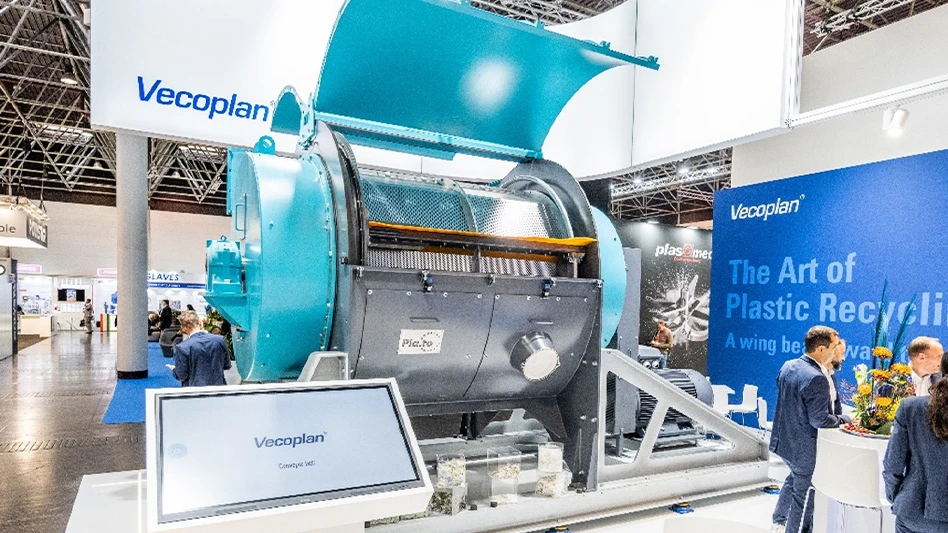A Nevada court has ruled that non-putrescible C&D waste is not a hazard to the public health and does not fall under the definition of solid waste, and not part of a waste collector’s exclusive franchise.
According to a Legal Bulletin from the Environmental Industry Association, Douglas County, Nevada, had a franchise agreement with Douglas Disposal Inc. that allowed for self-haul to a transfer station or landfill. Two other companies began hauling C&D in the franchise area, and DDI filed a suit against them, saying that Nevada law defines solid waste broadly to include non-putrescible refuse, including C&D. The defendants argued that C&D waste is a non-putrescible and does not pose a health and safety issue. Because of it, it was outside Douglas County’s franchise powers.
The court ruled that the county had exceeded its authority by including non-putrescible construction debris in the franchise agreement. It cited a 1975 Utah Supreme Court case that limited the scope of a similar franchise agreement because C&D is not injurious to the public health, and therefore falls outside the county’s policing power.
When the Nevada Legislature defined solid waste, the court said it did not grant the authority to displace competition, and ruled unconstitutional the Nevada statute that included construction waste in the “other waste” provision, according to the Legal Bulletin.
“We have contended for a long time that C&D should not be included in a definition of solid waste that is covered under a franchise agreement because C&D is a different waste coming from a different waste stream,” said William Turley, executive director of the Construction Materials Recycling Association.
“Common sense tells you that. It looks like the court is recognizing common sense. But you can expect the landfill companies to fight this vehemently, because C&D has long been a cash cow for them as they divert it away from legitimate recyclers,” Turley added.
The EIA bulletin agrees with that assessment, saying “Because franchises are often financially lucrative to the franchisee, and frequently reflect an economic and political decision made by local governmental officials, continued litigation over the scope of such franchises between competing haulers, and between haulers and local governments, can be expected.”
Latest from Recycling Today
- Equipment from the former Alton Steel to be auctioned
- Novelis resumes operations in Greensboro, Georgia
- Interchange 360 to operate alternative collection program under Washington’s RRA
- Waste Pro files brief supporting pause of FMCSA CDL eligibility rule
- Kuraray America receives APR design recognition for EVOH barrier resin
- Tire Industry Project publishes end-of-life tire management guide
- Des Moines project utilizes recycled wind turbine blades
- Charter Next Generation joins US Flexible Film Initiative





